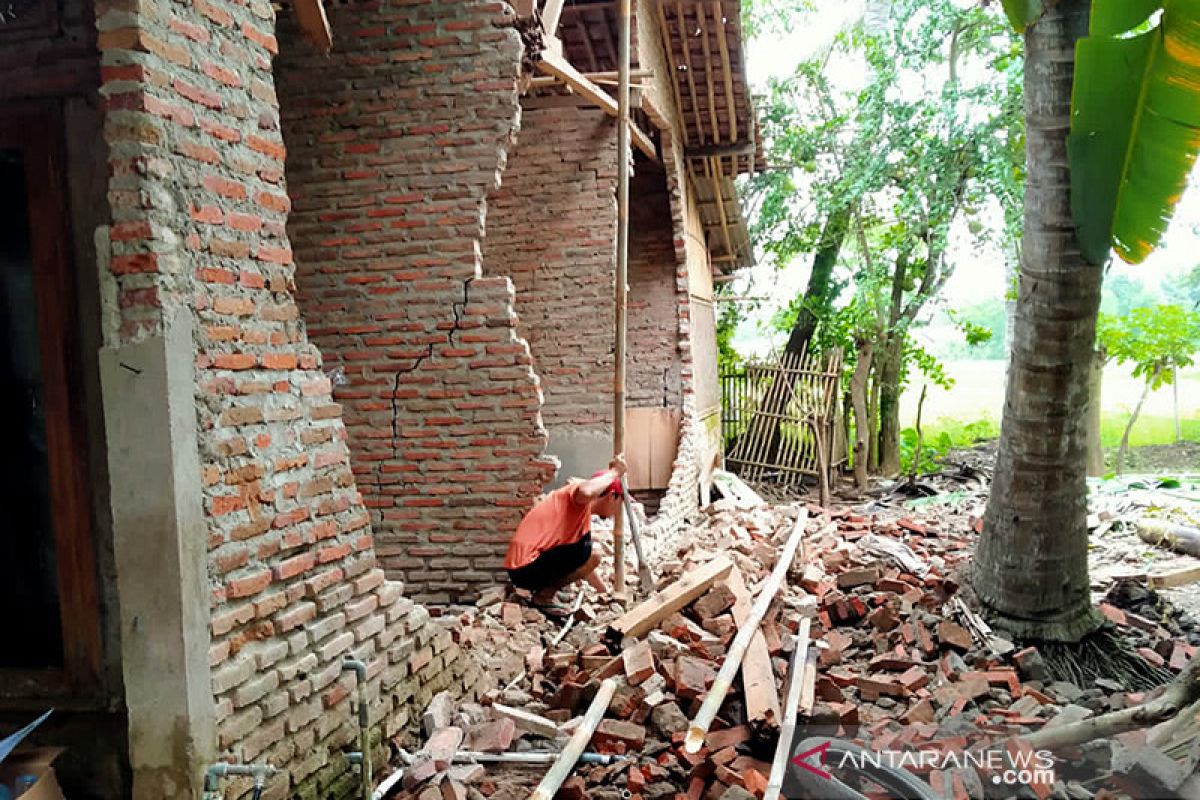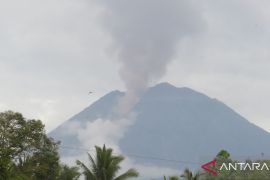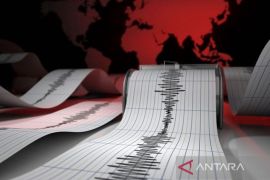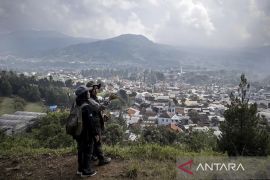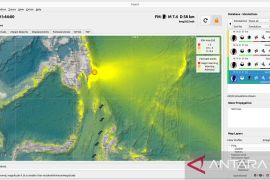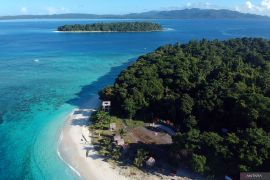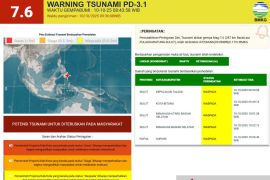"Many aftershocks after an earthquake will not lead to a major earthquake. On the opposite, the plate decays and the earthquake will stop," he clarified on Monday.
Aftershocks usually have smaller strength or magnitude compared to the main earthquake, he explained. They also get smaller and less frequent each day, he said.
"The aftershocks' magnitude will get smaller and it will occur less frequently until it stabilizes and returns to normal," Daryono added.
Indonesia recently experienced several earthquakes, including a 6.6-magnitude quake on January 14, 2022, whose epicenter was located 53 kilometers southwest of Sumur Sub-district in Pandeglang District, Banten Province, at a depth of 40 kilometers, he noted.
According to the BMKG, 33 aftershocks were recorded after the main earthquake until 12 p.m. local time the next day.
On January 15, an earthquake of magnitude 4.1 was also reported, whose epicenter was located 23 kilometers southeast of Bangkalan in East Java at a depth of 14 kilometers.
Another 5.4-magnitude quake was recorded in the sea, 84 kilometers southwest of Bayah, Banten, at 7.25 a.m. local time on Monday.
Daryono assured that the three earthquakes were not related to each other, considering that Indonesia has many earthquake sources, numbering more than 295.
"If earthquakes occur close to one another or the time is close, it is just a coincidence. It has nothing to do with another earthquake. The shock will not trigger other plates and there is no earthquake propagation," he added.
Translator: Prisca T F, Resinta S
Editor: Rahmad Nasution
Copyright © ANTARA 2022
